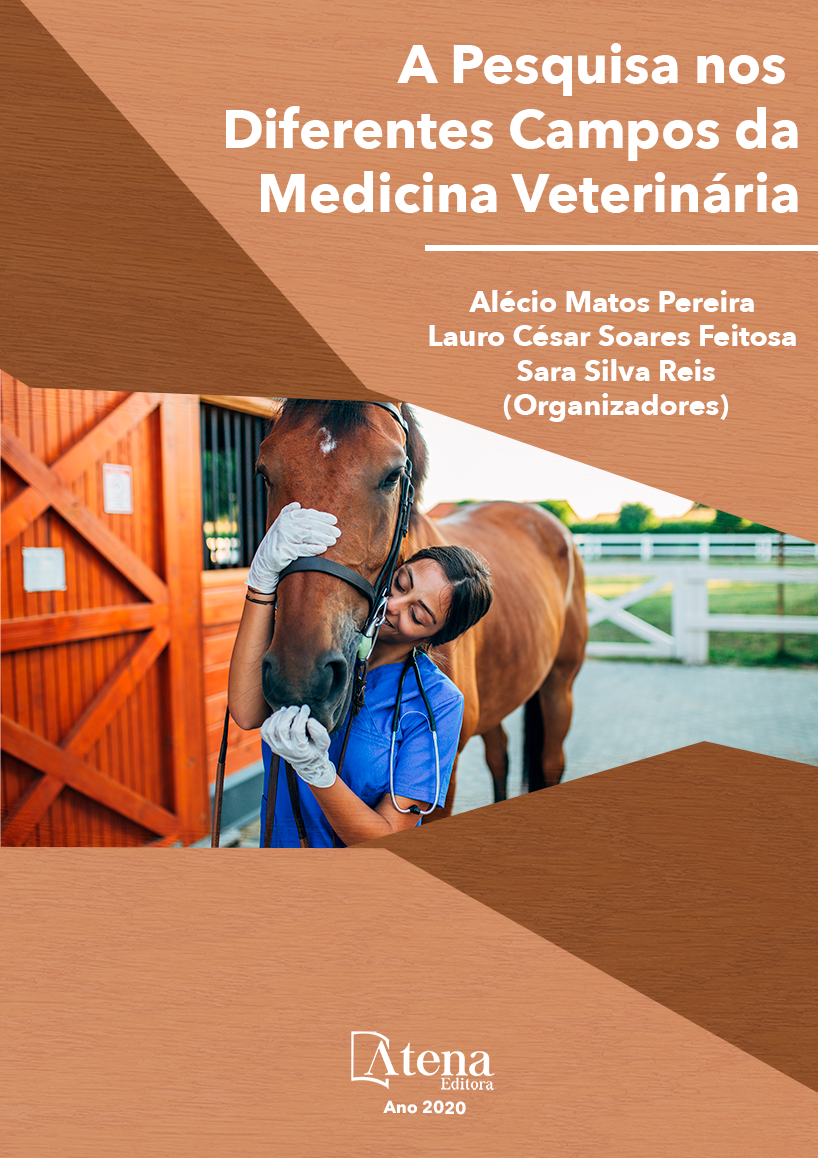
LEISHMANIOSE VISCERAL CANINA
A leishmaniose visceral canina (LVC) é uma antropozoonose globalizada, sendo o Brasil um dos países mais afetados. A doença é causada pelo protozoário Leishmania chagasi e é transmitida por insetos flebotomíneos a vários mamíferos, inclusive o homem, sendo o cão o principal reservatório doméstico do parasito. Dois cães foram atendidos no Hospital Veterinário da Universidade Estadual de Londrina com histórico, sinais clínicos e resultados laboratoriais compatíveis com LVC, entre estes se destacaram: poliartrite, onicogrifose, hepatoesplenomegalia, linfoadenomegalia, emagrecimento, alterações cutâneas, febre, anemia, trombocitopenia, leucopenia, hiperproteinemia e hipoalbuminemia. Ambos eram de procedência externa ao Paraná e foram diagnosticados subsequentemente com LVC. Após notificação à vigilância sanitária, foram eutanasiados.
LEISHMANIOSE VISCERAL CANINA
-
DOI: 10.22533/at.ed.5442022058
-
Palavras-chave: doença sistêmica, antropozoonose, Calazar canino
-
Keywords: systemic disease, anthropozoonosis, canine Calazar.
-
Abstract:
Canine visceral leishmaniasis (CVL) is a globalized anthropozoonosis, with Brazil being one of the most affected countries. The disease is caused by the protozoan Leishmania chagasi and is transmitted by phlebotomine insects to several mammals, including man, with the dog being the main domestic reservoir of the parasite. Two dogs were treated at the Veterinary Hospital of the State University of Londrina with a history, clinical signs and laboratory results compatible with CVL, among them were: polyarthritis, onychogriffosis, hepatosplenomegaly, lymphadenomegaly, weight loss, skin changes, fever, anemia, thrombocytopenia, leukopenia, hyperproteinemia and hypoalbuminemia. Both were from outside Paraná and were subsequently diagnosed with CVL. After notification to the health surveillance, they were euthanized.
-
Número de páginas: 7
- Raquel Carolina Simões Siqueira
- Rafael Oliveira Chaves
- Patrícia Mendes Pereira
- ANDREI KELLITON FABRETTI


